Nadi Serhan Aydın, FRM
Associate Professor
Dept. of Industrial Engineering
Istinye University Vadi Campus


I’m an associate professor of Industrial Engineering at Istinye University in Istanbul, Turkey. I obtained a BSc. in Management Engineering from Istanbul Technical University (2006), followed by an MSc. (2011) and a PhD. (2016) in Financial Mathematics from the Institute of Applied Mathematics at Middle East Technical University in Ankara, Turkey. I carried out my doctoral thesis studies at the Financial Signal Processing (FSP) Lab at Imperial College London. During my graduate studies, I was also granted research fellowships at Heidelberg and Ulm Universities. Prior to joining Istinye University, I was part-time faculty at the Department of Industrial Engineering at TED University in Ankara, Turkey. As a designated Financial Risk Manager (FRM), I offer training courses to the finance & risk management professionals. I’m also also serving on the editorial boards of a number of international journals and review networks, like zbMATH. My research interest lies in computational finance, stochastic modelling, mathematical optimization, dynamic programming, signal processing and machine learning.
Dept. of Industrial Engineering
Istinye University Vadi Campus
Azerbaycan Cad. (Vadistanbul 4A) 34396, Istanbul, Turkey
Reinforcement learning based optimal trading in a simulated heterogeneous agent network
2022
Nadi Serhan Aydin
Simulation - Transactions of the Society for Modeling and Simulation International (SIM), 98(4)
A Systematic Review of Aggregate Production Planning Literature with an Outlook for Sustainability and Circularity
2022
Nadi Serhan Aydin and Erfan Babaee Tirkolaee
Environment, Development and Sustainability (ENVI) (Online first)
Modelling and predicting the growth dynamics of COVID-19 pandemic - a comparative study including Turkey
2022
Nadi Serhan Aydin and Erfan Babaee Tirkolaee
Journal of Turkish Operations Management (JTOM), 6(1)
A novel bi-objective model for a multi-period multi-product closed-loop supply chain
2022
Nadi Serhan Aydin
Journal of Engineering Sciences and Design (JESD), 10(1)
Integrated design of sustainable supply chain and transportation network using fuzzy goal programming
2022
Erfan Babaee Tirkolaee and Nadi Serhan Aydin
Expert Systems With Applications (ESWA), 195(116628)
Fuzzy integrated cell formation and production scheduling considering automated guided vehicles and human factors
2021
Alireza Goli, Erfan Babaee Tirkolaee and Nadi Serhan Aydin
Transactions on Fuzzy Systems (TFS), 29(12)
A sustainable medical waste collection and transportation model for pandemics
2021
Erfan Babaee Tirkolaee and Nadi Serhan Aydin
Waste Management & Research (WM&R), 39(1)
Asset-backed Stable Numéraire Approach for Sustainable Valuation
2020
Nadi Serhan Aydin and Martin Rainer
Journal of Sustainable Finance & Investment (JSFI), 12(2)
A robust bi-objective mathematical model for disaster rescue units allocation and scheduling with learning effect
2020
Erfan Babaee Tirkolaee, Nadi Serhan Aydin, Gerhard-Wilhelm Weber and Mehdi Ranjbar-Bourani
Computers & Industrial Engineering (CAIE), 149(106790)
Simulation and prediction of wind speeds (a neural network for Weibull)
2013
Stefan Giebel, Martin Rainer and Nadi Serhan Aydin
Journal of Iranian Statistical Society (JIRSS), 12(2)
Valuation of power swing options
2013
Nadi Serhan Aydin and Martin Rainer
Journal of Energy Markets (JEM), 6(3)
Stress testing of energy-related derivative instruments based on conditional market risk models
2010
Nadi Serhan Aydin and Coskun Kucukozmen
Journal of Energy, Market and Regulation

The project aims to contribute to the current theoretical as well as practical approaches in the domain of sustainable aggregate production planning (APP). In this context, it will focus on developing a hybrid multi-criteria production optimization model that incorporates sustainability as a factor and harnesses both conventional mathematical optimization and dynamic programming methods (such as reinforcement learning). The project also aims to develop a decision support system to enhance the utilization of the developed algorithm.

the present project departs from the conventional approach to the prediction problem based on financial data. To put it differently, the project falls apart from the broader part of the literature which deals with conventional stochastic and/or autoregressive models for predicting the financial data based solely on temporal dynamics within the numerical data. That said, the project can be deemed as part of literature that mainly deals with extracting signals from financial data based mainly on identifying patterns. It further departs from the latter group by adopting a relatively new approach, namely, the image-based approach, to identifying the visual patterns in the financial data. This novel approach is in fact largely encouraged by the recent success of deep neural networks in image-based pattern recognition (also known as computer vision). This attracted the attention of many researchers from other fields, including quantitative finance. To that end, the project seeks to extend the current body of literature on image-based financial pattern recognition with a view to developing a model with a higher predictive performance.
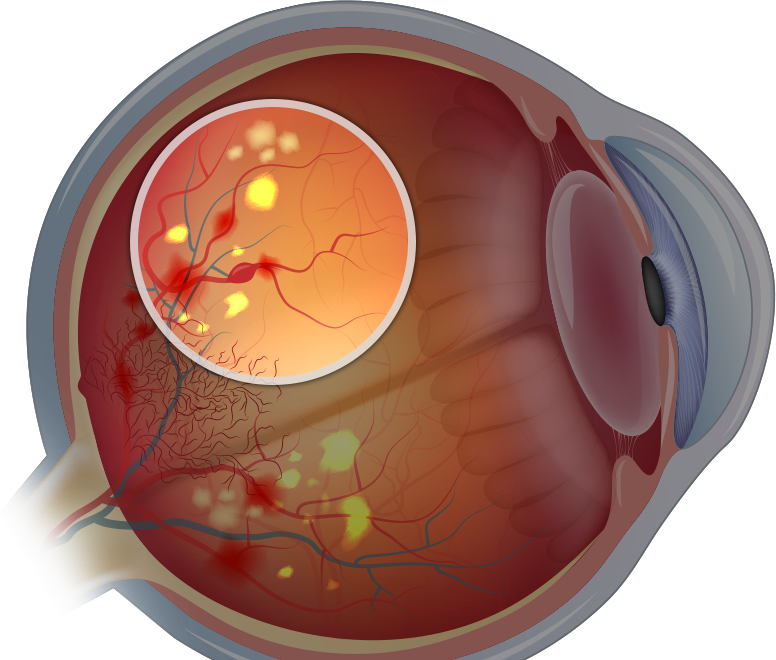
Examining the retinal fundus images of the diabetes patients is one common way to go for investigating DR. With the increasing amount of those fundus images, it can be possible to derive computer-based systems that can perform those DR investigations. Such systems can offer fast diagnosis with high accuracy, which is helpful both for the patients and their doctors – so the hospitals. The present project aims at devising a Deep Learning (DL) based DR diagnosis and prediction tool.
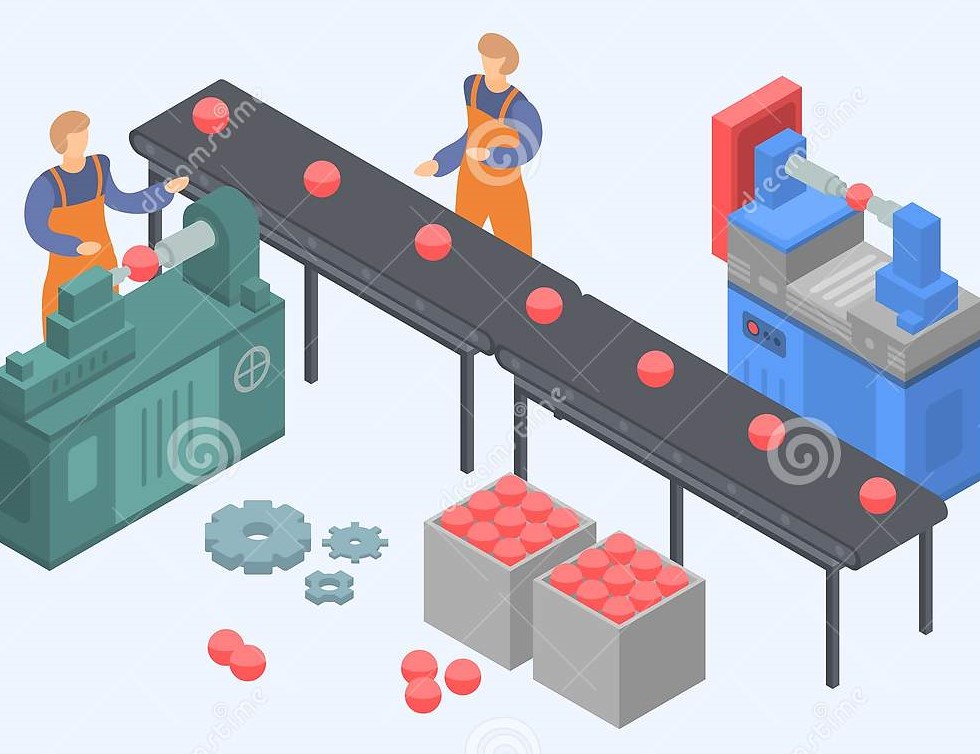
Model factories can be defined as a tool that enables the dissemination of operational excellence principles in enterprises in a scalable manner by using experiential learning techniques. The most basic feature that distinguishes model factories from other structures established to increase the productivity and competitiveness of employees and therefore businesses is that they combine theory and practice by using experiential learning techniques and thus make their competence gains permanent. As a part of the model factory concept, digital twin or virtual commissioning methods will result in the digitization of physical production activities, digital monitoring of production flow, cycle times, line occupancy rates, efficiency and quality. benefits will be discussed. It is also aimed to provide training and consultancy services that enable the teaching and dissemination of operational excellence principles by using experiential learning techniques in the model factory to be established. In this way, it is aimed to change the existing perspectives of enterprises on issues such as continuous improvement, lean production and digital transformation, to use human, machine / equipment, raw materials, materials, time and energy resources in the most efficient way and to increase their competitive power in a short time.
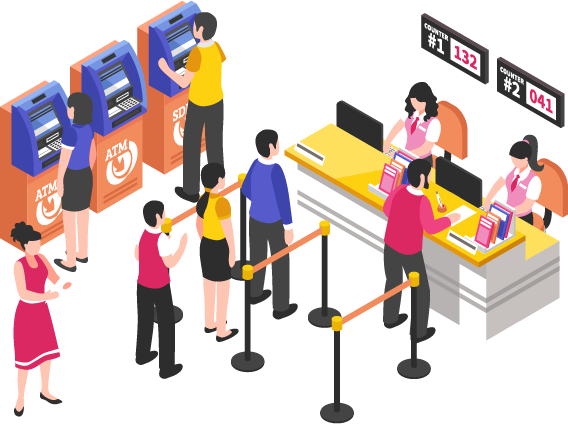
Simulation modelling concepts and discrete-event simulation, Random number and random variate generation, Selection of probability distributions for model inputs, Validation and verification, Output analysis, Comparison of alternative systems.

This is a university elective course which covers basics of optimization. Topics include linear programming, model formulation, graphical method, simplex metod, sensitivity analysis, duality, Python/Excel examples, transportation/network models, integer optimization.
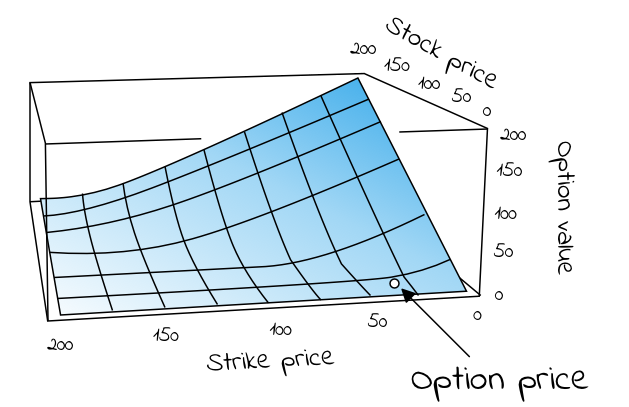
Financial markets, derivative securities, risk management, mathematical models in finance. Foreign exchange, debt equity, commodity markets. Investing, trading, hedging arbitrage. Forwards, futures, options, swaps, exotic derivatives. Models of price dynamics, binomial model, introduction to Black-Scholes theory and Monte Carlo simulation.

Time value of money, economic equivalence, present worth (PW), annual equivalent worth (AEW), internal rate of return (IRR), benefit-cost analysis, uncertainty, replacement analysis.

Timeline of computing; representation and processing of numbers, texts, images; understanding patterns; loops and iterative functions, Python.
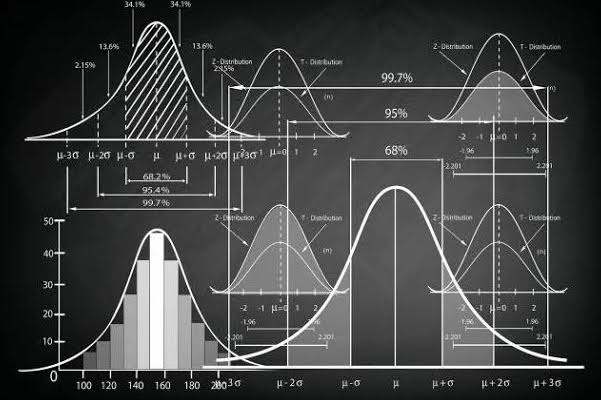
Probability theory, axioms, discrete and continuous random variables, moments and moment generating functions, maximum likelihood estimation, statistical inference.

Formulating LPs, graphical method, simplex method, sensitivity, duality, transportation models, network models.

Functions, limits, continuity, rules of differentiation and integration, rotational areas and volumes.
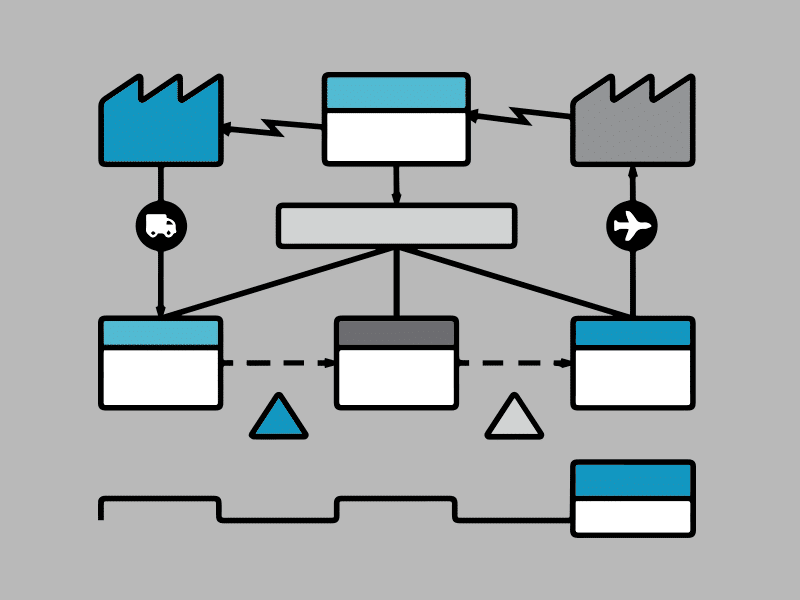
The course covers lean techniques that are catered towards analysis, measurement, design, and improvement of business processes and work systems.